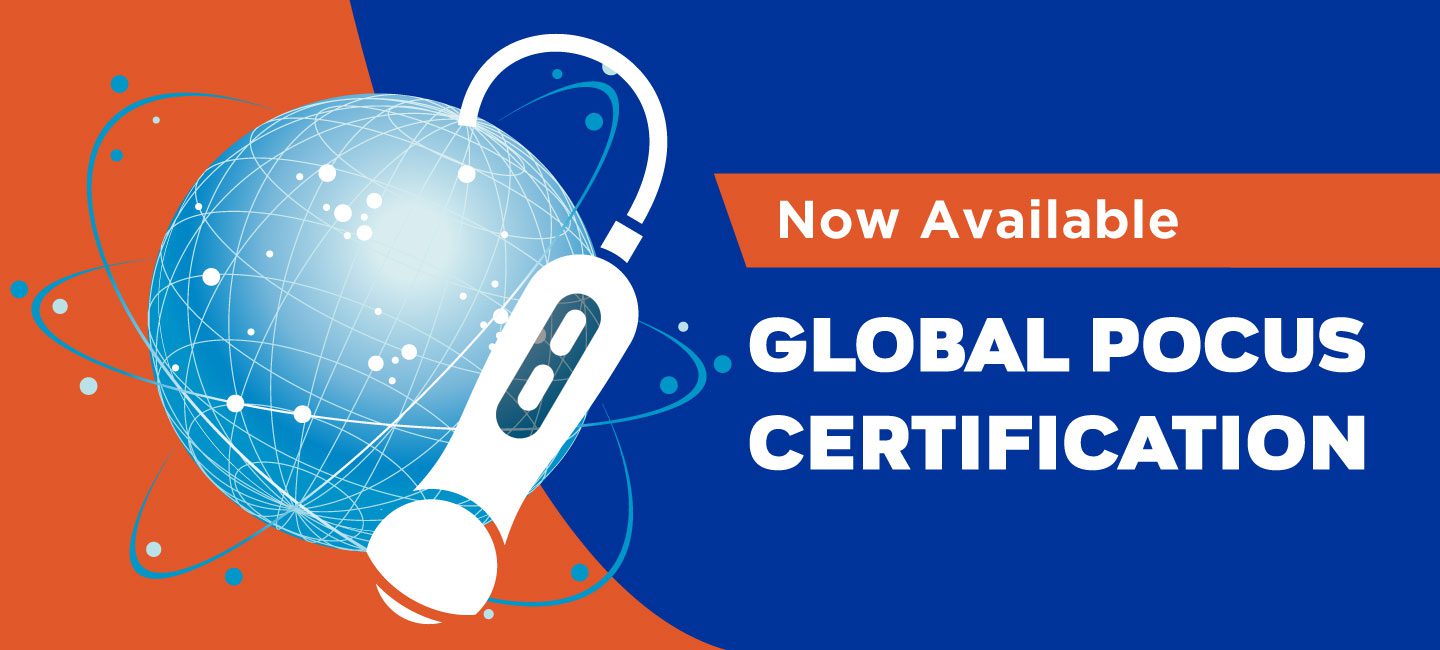In a world of social platforms and endless channels used to personify every individual’s significance, it’s challenging not to make some kind of global statement. If you are digitally engaged, how, when, what, where, and why you engage all say something about you. Even your decision to opt-out of creating a digital presence sends a direct message to the world. There is only one question the generations of the 21st-century have to ask ourselves. What statement are we going to make?

As medical professionals, this question is not a new one to ponder. Our capabilities have perpetually been under a microscope while the world around us seeks to affirm and validate the level of care they should expect to obtain from us. We have always been required to find ways to build a reputable reputation. Before the days of influencers, we needed to become one.
So, how do we do it? Who or what manages our image and leads our PR?
Certification.
Its message is phenomenally impactful. It spans beyond any bullhorn rally and spreads greater than a pool of a million followers. Certification is a quick and readily recognized benchmark mapped to a specific skill set based on standardized testing. It demonstrates your dedication, motivation, and expertise. Having a certification shows that you possess comprehensive medical knowledge and care enough about your career to spend the extra effort being your own “image consultant.”
Why Become Certified
Medical certifications are credentials awarded as a means of guaranteeing a level of medical skill, experience, and proficiency. They are usually associated with providing a specific type of healthcare specialty or service and involves completing an educational program and/or passing a knowledge base exam.
Earning a medical certification provides various benefits for healthcare professionals that include:
- Increasing expertise and knowledge: Studying to pass a comprehensive exam that tests your knowledge and competency allows you to acquire in-depth information concerning your chosen field and the associated medical practices and procedures.
- Improving employment opportunities: Earning a certification qualifies you to apply for more exclusive and competitive positions. You are also able to pursue a career in multiple specialties.
- Showing commitment to medicine and patient care: Earning certification shows that you are committed to pursuing a career in the field, providing surpassing patient care, and willing to meet all requirements to achieve it.
- Being set apart from peers: While you may not have as much practical experience or as many skills as your peers, earning a certification proves you are equipped and able.
Global Point-of-Care Ultrasound (POCUS) Principles Certification
The POCUS Certification Academy™ (PCA) launches one more opportunity to take advantage of certification benefits. Presenting the Global POCUS Principles certification—this novel program is an assessment geared towards supporting the international medical community. The goal is to uphold a universal standard of point-of-care ultrasound (POCUS) education and ability. Collectively we look to make a statement about POCUS users worldwide.
This application is an online certification program designed to validate healthcare providers’ proficiency in four specialty clinical areas—abdominal trauma, cardiac, lung, and MSK soft tissue. This global health certification addresses common pathologies in both developing and developed nations. Candidates have up to six months to complete the program.
Each specialty clinical area of the Global POCUS Principles certification includes three components:
- Clinical Case-Based Assessments: Engage in clinical case-based assessments designed to simulate a clinical encounter. Question types range from multiple choice to hotspots.
- Peer Evaluations: Choose clinicians to be sent an anonymous questionnaire evaluating your POCUS abilities. Assessment results are based on the first two evaluations received.
- Video Submissions: Submit two HIPAA compliant videos per clinical area: one without pathology and another with identified pathology.
Get more details about the Global POCUS Principles certification.
Ready to Make a Statement
What will you say to the world? What global statement will you make about your POCUS capabilities and experience? Your peers, the medical community, and your patients are all listening. Begin conveying your message now.
Learn more about certification today.




















